- Why I Used Grok + Gemini and ChatGPT to Build My Outreach List (And How Recruiters Can Too) - January 22, 2026
- The Diversity & Inclusion Glossary — A List of 300+ Helpful Diversity Terms (2026 Update) - January 19, 2026
- Why You Need a Job Description Revision Tracker (Before Your Next Audit) - January 9, 2026
Many of us (rightfully so!) are thinking about how to be inclusive these days. But “inclusive” can be a fluffy word. So, one way to BE inclusive is to look at what the opposite of inclusive is and make sure you are NOT doing that (a concept similar to Inversion).
I found 35 words that are the opposite of inclusive. So, each of these will be an antonym of inclusive you might want to know about and avoid.
What is the opposite of inclusive?
Since “inclusive” is a good word, the opposite of it (aka antonym) is usually not so great (even bad). Here are 25 words that are an “inclusive” antonym.
If you use these “inclusive” antonyms, they might be viewed negatively.
- Adversarial — when people oppose or disagree with each other
- Asocial — when people are not interested in forming connections or social groups
- Censorious — being severely critical of other people
- Cliquish — forming exclusive groups that are not welcoming to outsiders
- Closed-minded — unwilling to consider different ideas and opinion, unlike your own
- Discriminative — showing unjust or prejudice in the treatment of different categories of people, based on race, sex, age, disability, and more
- Elitist — viewing people as inferior because they lack power, wealth, or status
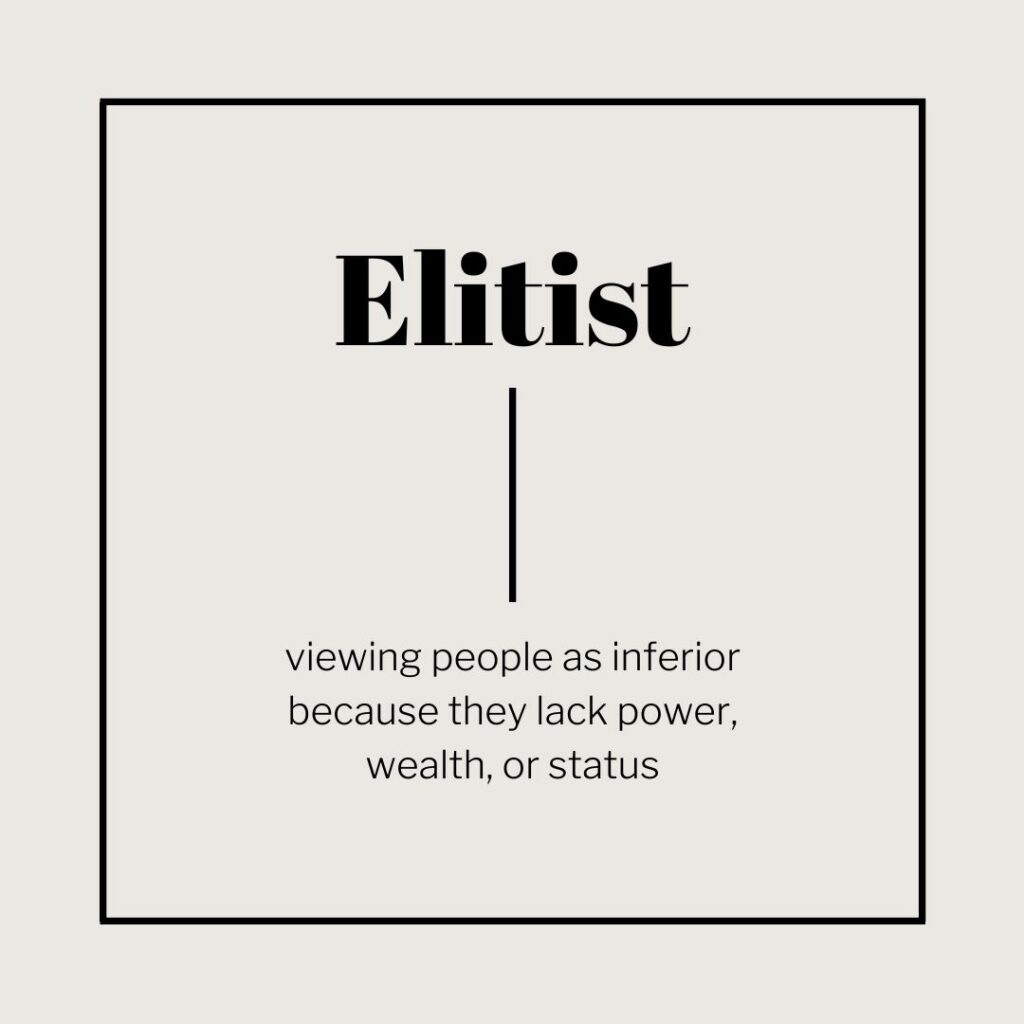
- Exclusionary — excluding a person or group of people based on race, sex, age, disability, and more
- Exclusive — excluding people from participating in certain activities because of their race, sex, age, disability, or other differences
- Homogeneous — the same or a similar kind or nature
- Incomplete — not full or finished
- Inequitable — unjust or not equal
- Inflexible — unwilling to change or compromise
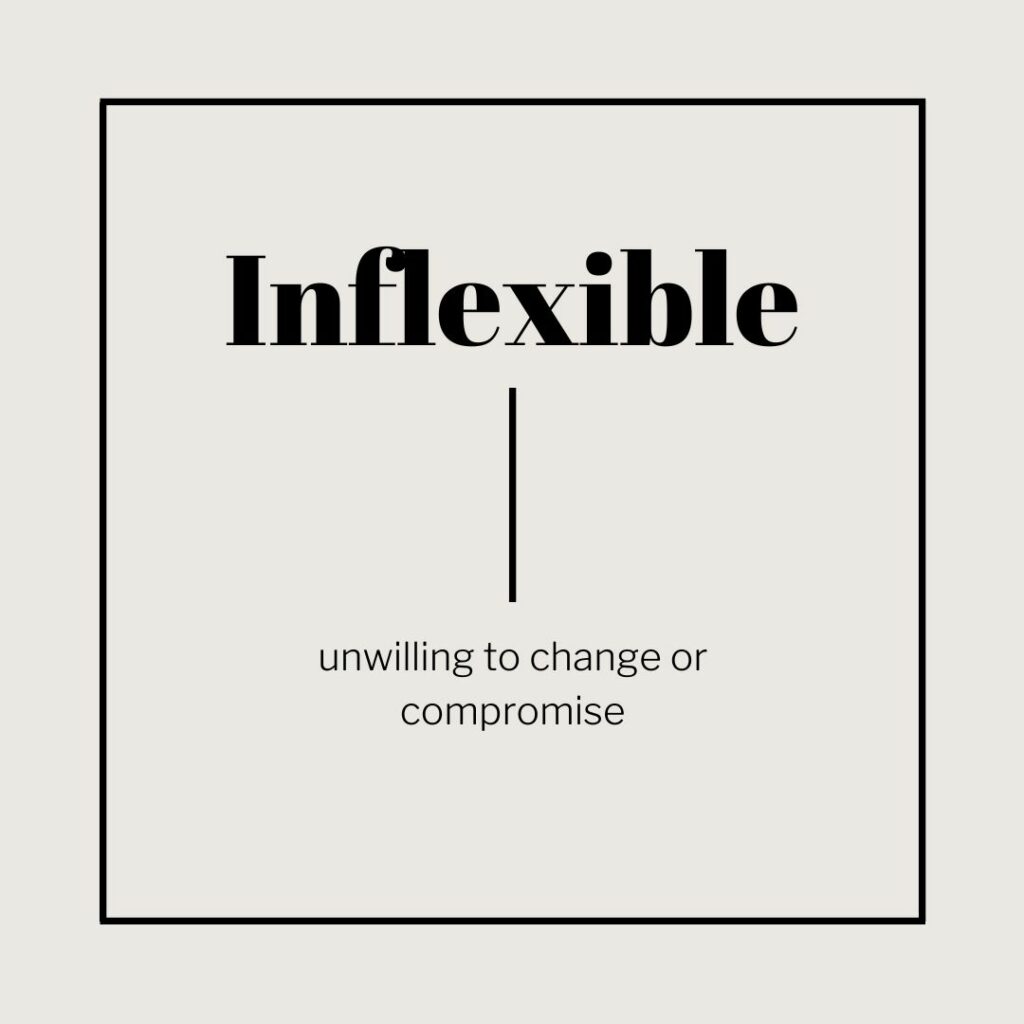
- Isolationist — wanting to remain apart from the affairs or interests of other groups
- Limited — being restricted, confined, or narrow
- Narrow — being limited to small areas of interests, activities, or thoughts
- Oppressive — unfair or cruel
- Prejudiced — showing dislike or bias against people who are not the same as you
- Racist — prejudiced against people based on their racial or ethnic group (typically one that is a minority or marginalized)
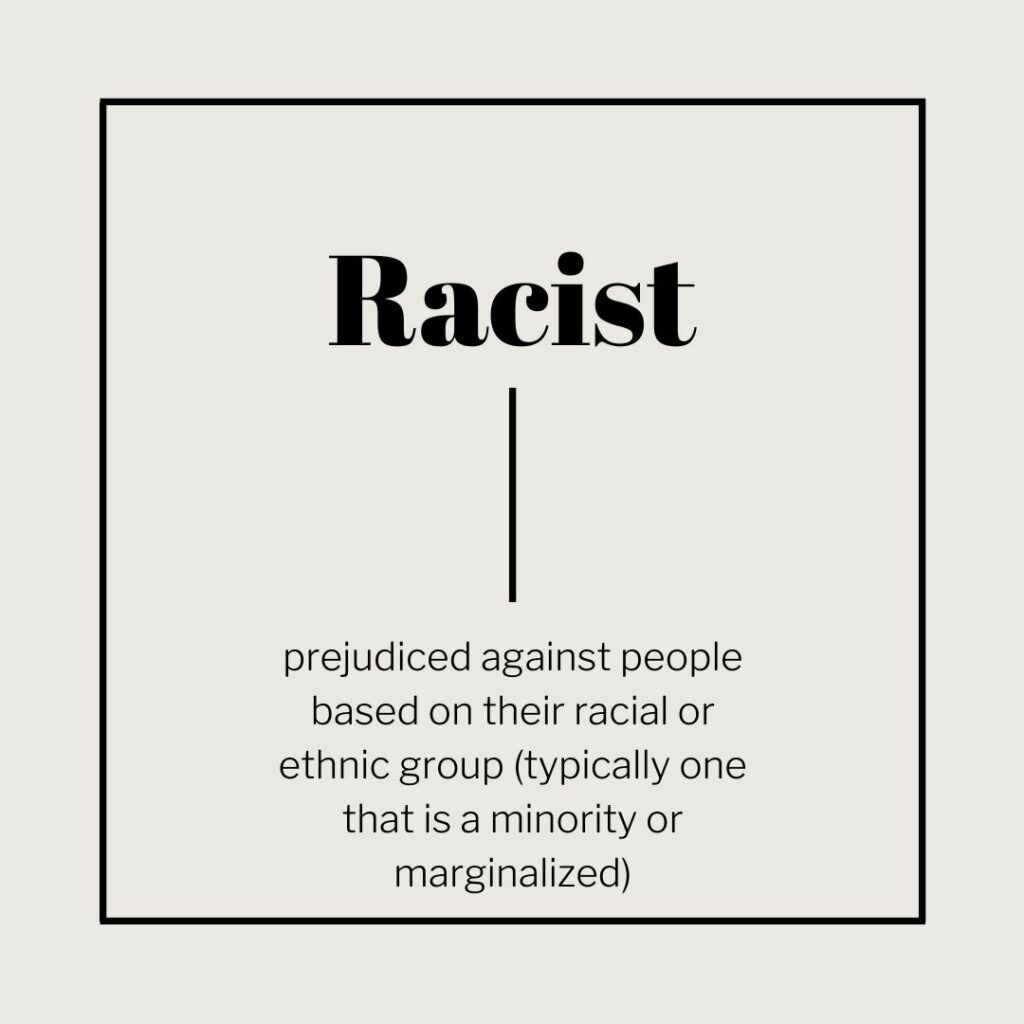
- Restrictive — being limited or preventing growth
- Selective — intentionally choosing certain things but not others, including groups of people
- Singular — referring to one type of person or thing
- Slanted — presenting or viewing information from one angle, especially in a biased or unfair way.
- Tribalistic — only showing loyalty to one’s own tribe or social group.
- Undemocratic — when a system or process is controlled or made by one person or a small group, instead of by all of the people involved
What is an antonym for the word “diversity”?
The words “diversity” and “inclusion” tend to go hand in hand, so let’s take a quick look at a diversity antonym (or ten)…
- Uniformity — the quality or state of being uniform
- Sameness — lack of variety
- Indistinguishability — not able to be identified as different or distinct
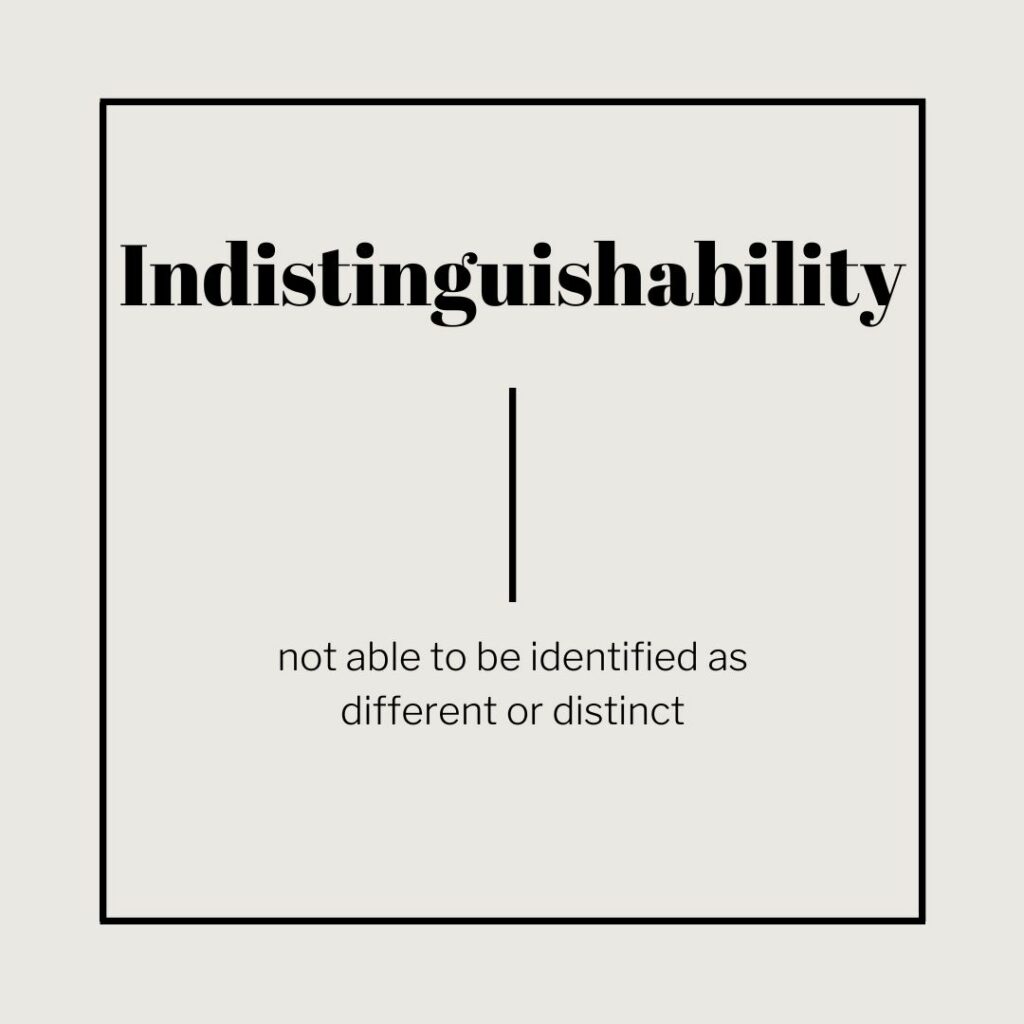
- Similarity — the state or fact of being similar
- Interchangeability — the fact that things can be exchanged, especially without affecting the way something works
- Usualness — the quality or state of being usual
- Stagnation — the state of not flowing or moving. Lack of activity, growth, or development
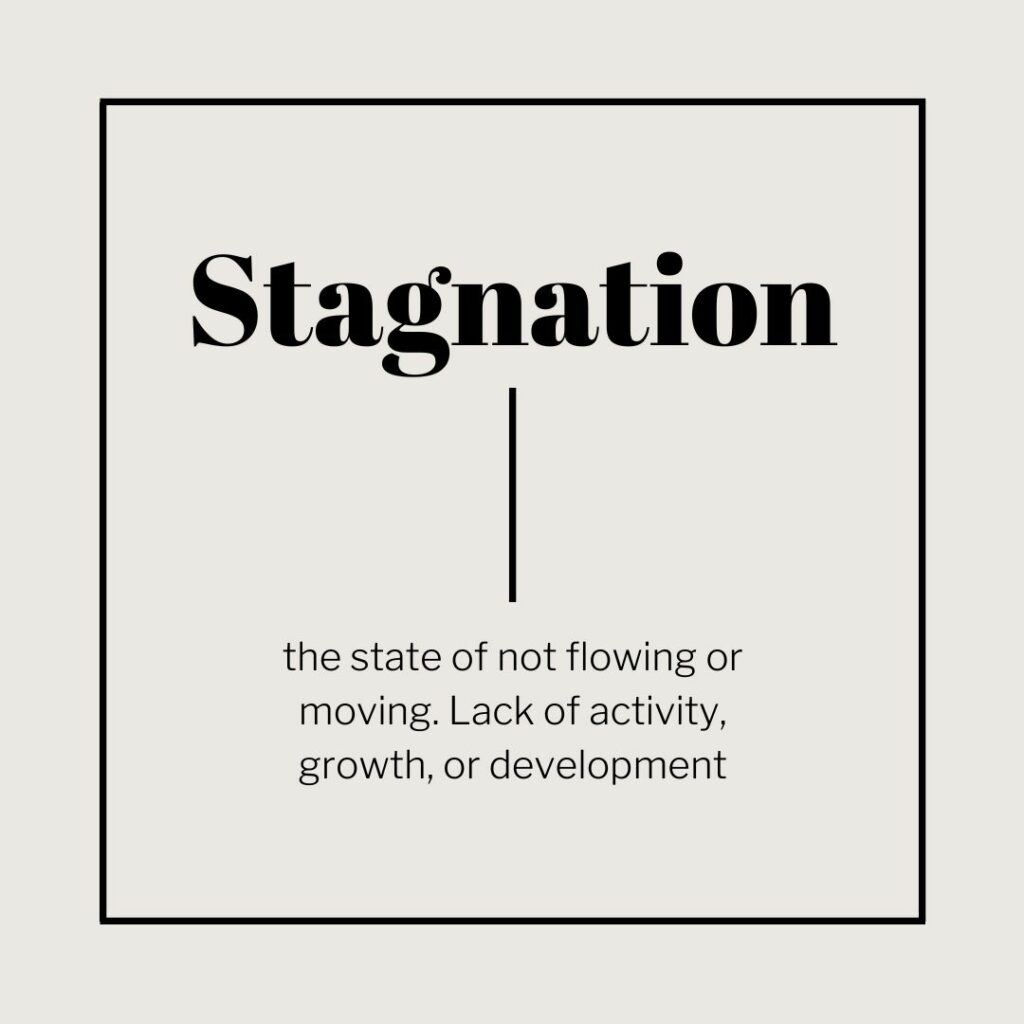
- Similitude — the quality or state of being similar to something
- Conformity — similarity in form or type
- Monotony — lack of variety and interest; tedious repetition and routine
While I was researching the antonym for inclusive and the opposite of ‘diverse’, I did come across the more positive synonyms for inclusive. So, what is another word for “inclusive”? My favourites are, “whole” and “without exception”.
The language we use within our organizations often has a greater impact than we realize
In 2015, Facebook (now Meta) faced a lawsuit from a former employee over gender and race discrimination, partly due to the use of non-inclusive language. This case highlights an important lesson: the words we choose can not only demoralize employees but also lead to serious legal consequences.
As HR leaders, it’s our responsibility to promote inclusive communication and create workplaces where everyone feels respected. That’s why I’ve compiled a list of 45 words that are the opposite of inclusive. These words should be avoided in both internal and external communications, especially when they marginalize specific groups.
Why Inclusive and Diverse Language Matters
You need to pay special attention to your use of inclusive words on every communication channel due to these two reasons.
Inclusive words improve your hiring
Recruiters agree that it’s become harder to find right-fit talents for open roles. However, when you use non-inclusive languages in your job ads, you make an already hard goal even harder. According to a survey by Glassdoor, 3 out of 4 job seekers prioritize diversity and inclusion when choosing potential employees. So, when you use inclusive words in your ads, you increase the chances of attracting top talents.
Inclusive words improve company culture
An inclusive company culture is powered by what you do and how you say it—action and words shape your culture. So, the right words will make your people feel appreciated at the workplace. Therefore, organizations that make their people feel this way and are able to build an inclusive company culture are three times as likely to be high-performing as organizations that don’t.
What is the opposite of Inclusive?
The Society for Human Resource Management (SHRM) defines inclusion as the achievement of a work environment in which all individuals are treated fairly and respectfully, have equal access to opportunities and resources, and can contribute fully to the organization’s success.
So, the following words are the opposite of inclusive and you should avoid them in your communications.
- Biased — showing preference for one group or individual over another in an unfair way.
- Segregated — separating people based on differences like race, gender, or social status.
- Exclusive language — using terms that cater to a specific group, leaving others out (e.g., gender-specific terms).
- Patronizing — treating others as if they are less capable or intelligent.
- Hierarchical — emphasizing rigid levels of rank or superiority, creating divisions.
- Alienating — making someone feel isolated or unwelcome.
- Stereotypical — relying on oversimplified and often inaccurate assumptions about people based on group membership.
- Privileged — showing advantages or favoritism toward a specific group while excluding others.
- Paternalistic — managing people in a condescending manner, implying that they are incapable of making their own decisions.
- Imperious — displaying arrogance or a domineering attitude over others.
- Monocultural — focused on a single culture or set of values, disregarding others.
Synonyms of inclusive
- Welcoming — creating an environment where all feel invited and accepted.
- All-encompassing — covering or including everything and everyone without exception.
- Comprehensive — including all necessary elements, broad in scope.
- Open — accessible to all, free from exclusion.
- Accessible — easy to approach, reach, or use by all individuals.
- Broad — wide in range or scope, not limited or narrow.
- Accepting — willing to embrace people from all backgrounds and differences.
- All-embracing — taking in or including everything within a category or group.
- Unifying — bringing different groups or elements together into a whole.
- Universal — applicable or common to all, without restrictions or limitations.
What is the opposite of diversity?
SHRM also defined diversity in the workplace as the collective mixture of differences and similarities that includes, for example, individual and organizational characteristics, values, beliefs, experiences, backgrounds, preferences, and behaviors.
If your organization takes workplace diversity seriously, you should avoid these words in your communications.
- Homogeneity — the quality of being the same or similar in kind.
- Conventionality — adherence to accepted standards, limiting variety or differences.
- Standardization — making things conform to a standard, reducing uniqueness.
- Exclusivity — the state of excluding others or being available only to a particular group.
- Sameness — absence of variation or difference.
- Uniformity — the quality or state of being consistent or unvarying.
- Repetitiveness — doing the same thing over and over, lacking change.
- Stereotypy — reliance on fixed or unchanging behaviors or ideas.
- Unanimity — complete agreement by everyone, often stifling different perspectives.
- Rigidity — being inflexible or resistant to change.
Synonyms of diversity
- Range — the full extent or variety of something.
- Difference — the state of being unlike or distinct from others.
- Heterogeneity — the quality of being diverse or varied.
- Multiplicity — a large number or variety of elements.
- Inclusivity — embracing a range of people, ideas, or cultures.
- Diversity-friendly — supportive of different backgrounds, identities, or perspectives.
- Pluralism — a condition where multiple groups coexist and maintain their differences.
- Assortment — a collection of different things or types.
- Mixture — a combination of different elements or types.
- Spectrum — a broad range of related qualities or elements.
Personal Accountability and Peer Encouragement
In an inclusive workplace, everyone has a role in creating a safe space. So, this includes using language that makes all team members feel valued and respected. It’s natural for people to have comfort zones with certain phrases or ways of speaking. However, being aware of how words impact others is key to fostering a truly inclusive organization.
The Importance of Accountability
Taking personal responsibility for our words is one of the most effective ways to support an inclusive workplace. In recent years, social justice movements have also brought attention to language that may be the opposite of inclusive or harm people based on their sexual orientation, gender identity, or other characteristics. So, by staying updated with the current usage of words, including inclusive terms, we can better avoid language that might feel like the opposite of inclusion.
Encouraging Others Constructively
When we notice colleagues using terms that are the opposite of inclusive, it’s helpful to address it in a supportive way. For example, rather than calling them out in a negative tone, a simple reminder about the importance of inclusivity in our shared work environment is often enough. So, this approach can gently nudge people toward understanding how language shapes a safe space.
Sharing Resources and Information
Sometimes, people may not be aware of inclusive language or may find it hard to identify that certain terms may not be inclusive. Therefore, sharing articles from a trusted news outlet or from various online sources can be helpful. This could also include a social network post, a story from a diverse news outlet, or even resources like the United Nations’ guidelines on inclusive design and language.
Using Inclusive Language as a Team Effort
Making inclusivity a team goal strengthens accountability. So, when colleagues see everyone actively working to be more inclusive, it reinforces positive change. For example, a simple reminder during team meetings to use respectful language around topics like gender identity or sexual orientation can create a culture of shared respect and empathy. Jewish therapists, HR professionals, and other specialists often recommend this collective approach as one of the best ways to support lasting change.
Stepping Beyond Comfort Zones
Creating an inclusive workplace often means stepping out of comfort zones. So, learning inclusive language isn’t a one-time effort—it’s ongoing. The only way to get better is to be open to feedback, correct ourselves when needed, and encourage others to do the same.
Moving Forward Together
Promoting inclusive language is everyone’s responsibility. Therefore, through personal accountability and gentle encouragement, we can build an environment where all feel welcome. More organizations, over the years, are also recognizing that inclusive language is essential to fostering a workplace where diversity in all forms is celebrated.
Why I wrote this?
Our mission here at Ongig is to transform your job descriptions to attract top-tier and diverse talent. Our Text Analyzer software analyzes every word of your job descriptions to ensure they are inclusive to everyone, helping you remove any words that are the opposite of inclusive!
Shout-outs
- What is the opposite of inclusive? (by WordHippo)
- Collins Dictionary
- Inclusive antonyms. What is the opposite word for Inclusive? (by Thesaurus Plus)
- Cambridge Dictionary
- Inclusive (by Merriam-Webster)
- Oxford Languages Dictionary
